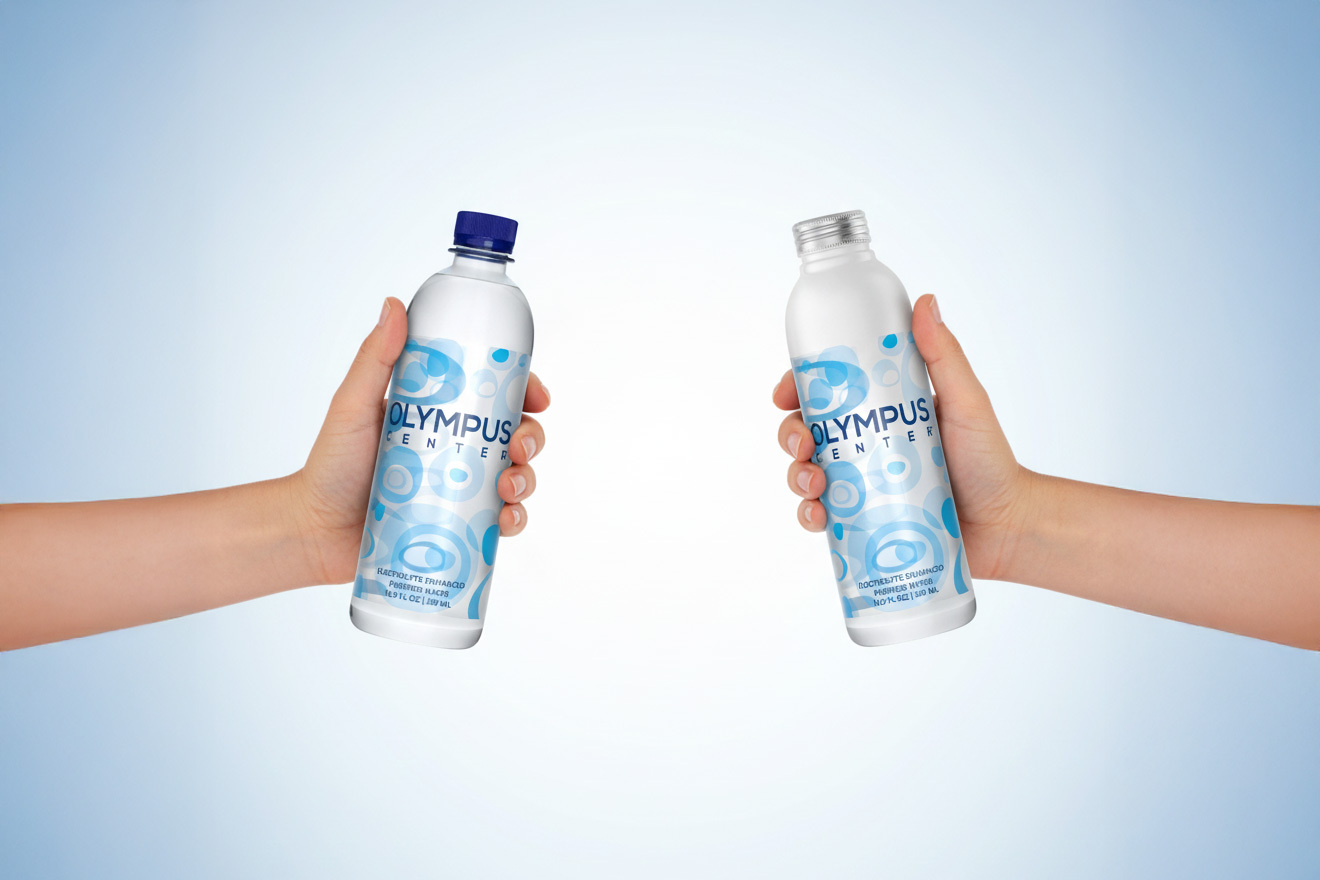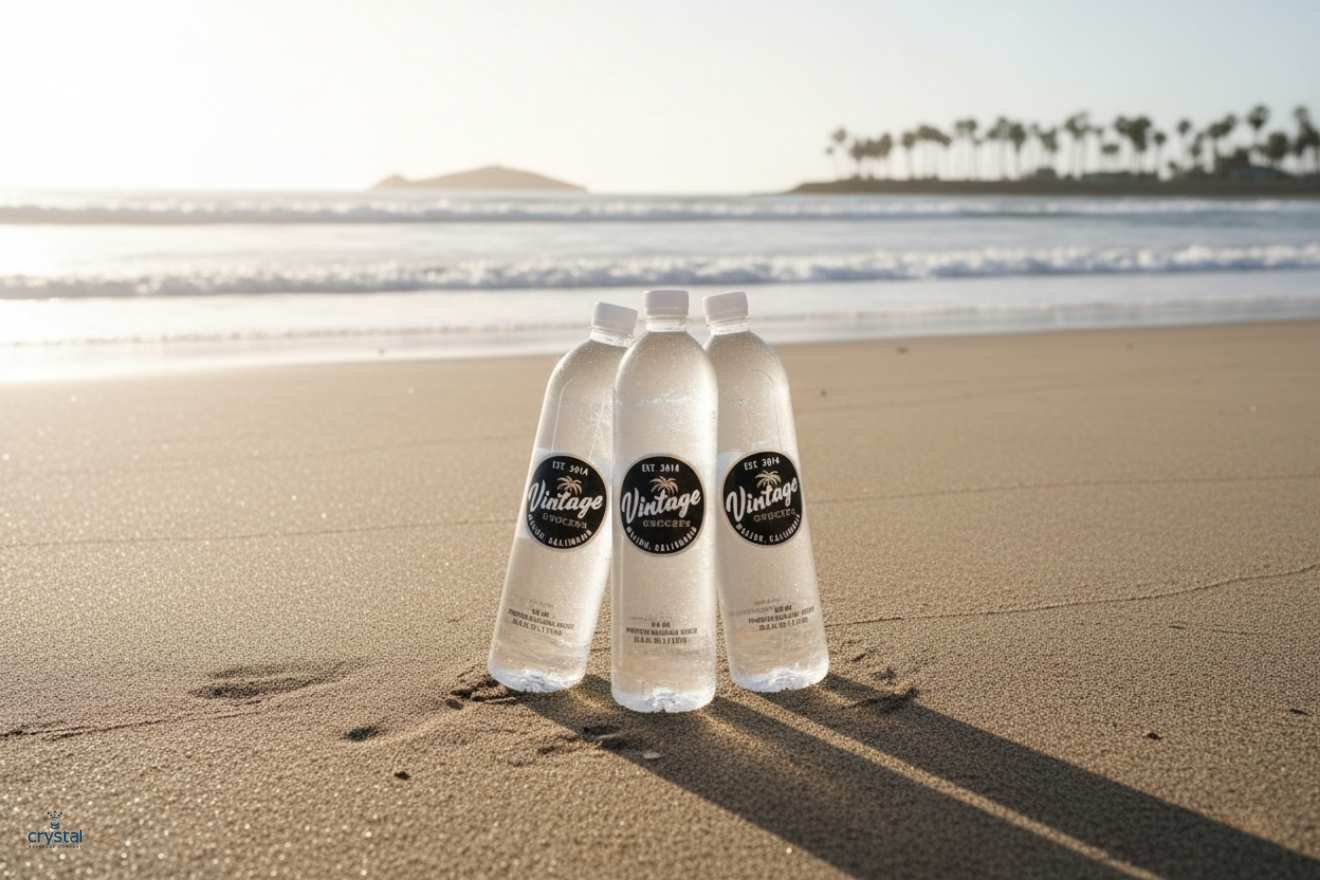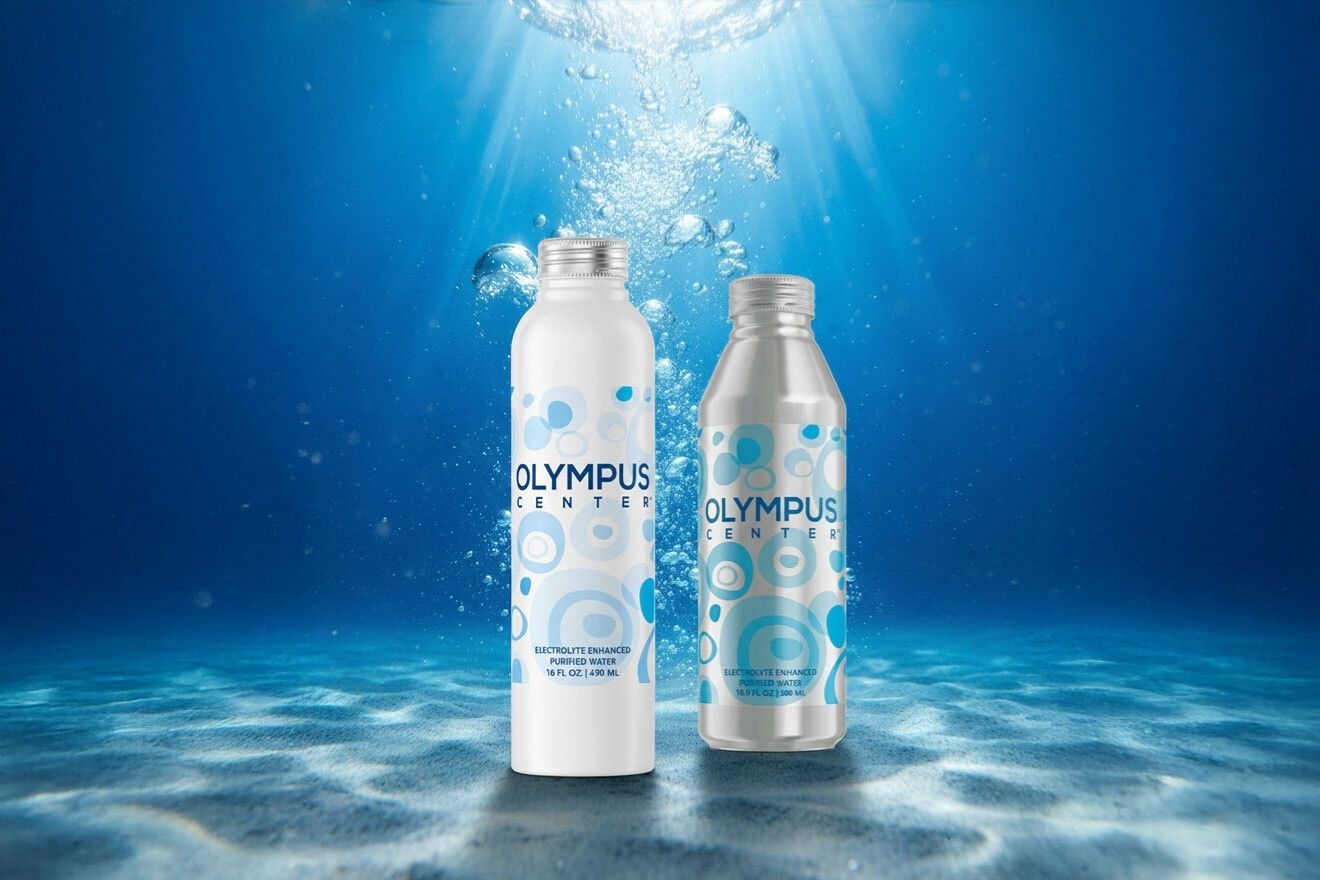Cold Water Vs. Warm Water: Benefits And Risks


UPDATED - August 4, 2021
Keeping hydrated is essential for our overall health and well-being. Drinking water improves our blood flow, clears our skin, and helps carry oxygen and nutrients to our cells. It also improves digestion and protects the organs from damage and dehydration.
Unfortunately, people tend to overlook drinking water as part of their daily routine. The average person needs to drink at least 3 liters of water a day to function properly, according to The U.S. National Academies of Sciences, Engineering, and Medicine.
Dehydration, or not drinking enough water throughout the day, can lead to internal problems that can manifest themselves as headaches, cramps, and sprains. People tend to treat these symptoms as unrelated to their water intake, but they are actually telling of your body's need for hydration.
What is the Best Temperature for Drinking Water?
Researchers have debated for years on the effects of drinking warm or cold water on the human body, going into detail about whether or not the temperature of water affects hydration, or if there are any medical benefits to drinking one temperature over the other.
Here's a quick rundown of the benefits, risks and time of the day when drinking cold versus warm water.

Cold Water
Nothing feels quite as good as quenching your thirst with a glass of cool water, and drinking it can help replenish liquid in your body after strenuous exercise or activities. Cold water cools down the body temperature, which prevents excessive sweating and therefore prevents dehydration.
You may have heard that cold water is bad for you, but there is little scientific evidence to support those claims. In reality, any aspect that would help get more pure, clean water in your system is good for you. If cold water helps people drink more, then it is not necessarily detrimental to your health.
Benefits of Drinking Cold Water
One of the main advantages of drinking cold water is that it helps to lower your core body temperature. Drinking water cold is extremely helpful for cooling down the body in the following situations:
- When you're exercising: Cold water makes for a great post-workout drink.
- When it's extremely hot outside: Cold water helps to effectively combat heat stroke during hot summer months.
- When you're running a fever: Keeping hydrated and lowering the body temperature helps you get rid of foreign invaders in the body when you're running a fever.
- When you're trying to lose weight: Water has been proven to boost metabolism. It helps to burn an extra 70 calories each day (which is about as much as you would burn if you walked for 15 minutes).
- Preventing dehydration: Cold water lowers body temperature and prevents excessive sweating, thus preventing dehydration.
Risks of Drinking Cold Water
Cold water has an adverse effect on digestion as your system contracts, shrinks, and slows. When you drink cold water, your body has to get more energy from your body in order to warm up the cool foods and liquids. This makes the digestive process take much longer than when you drink warm liquids and could lead to indigestion, constipation, and various other digestive issues.
Cold water can also make stomach and abdominal cramps feel worse, as the body processes the cold water. The abdomen tends to contract and stiffen, leading to a more painful feeling around the stomach area.
The Best Time to Drink Cold Water
According to experts, there are many benefits of drinking cold water and the best time to drink cold water is when you're trying to bring your body's core temperature down, such as when you're exercising, when temperatures are high outside, or when you're running a fever.
Warm Water
Hydration, in any form, is always good for your health. But when it comes to drinking warm water, experts seem to agree that it offers a lot more benefits than drinking cold water. We've listed some of the pros and cons below:
Benefits of Drinking Warm Water
- Significantly improves digestion: According to Chinese medicine and Ayurveda practices, drinking a glass of warm water first thing in the morning activates your digestive system, stimulates the flow of blood to your intestines and helps to prevent indigestion and constipation.
- Detoxifies your body: Warm water helps to rid your body of harmful toxins, and also works to prevent skin issues like acne.
- Combats pain: Drinking warm water has been shown to help combat certain types of pain, such as menstrual cramps, headaches, joint pains, and even muscle sprains by increasing the flow of blood to tissues.
Risks of Drinking Warm Water
Although there are numerous benefits to drinking warm water, there are those who find warm water unpalatable. However, there are ways of making warm water taste better such as adding fruit or citrus to infuse flavor into the water and improve the taste. A popular recipe is warm honey lemon water, which provides a sweet and refreshing taste.
Warm water makes for a great drink in the morning, and post meals, especially when you feel bloated after eating a lot of meat, cards, and oily foods.
The Best Time to Drink Warm Water
One of the best times to drink warm water is when you get up in the morning. This helps to kick-start your metabolism, so it functions at optimal levels throughout the day. It's also a good idea to drink warm liquids with your meals as this helps to keep everything fluid and protects your internal organs. Warm water also works to increase blood flow and boost overall circulation.
The Verdict
As you've seen, there are benefits and drawbacks to drinking both cold and warm water. For the most part, your body will guide you to the best option for your hydration needs at the time. Just keep in mind that the important thing is to stay hydrated at all times, regardless of the temperature of the water you drink.
Temperature has very little to do with the health benefits of water. Additives like sugar, food colouring, and preservatives found in sodas and canned juices are more detrimental to your body than the temperature of water is. The best thing you can do for your body is to maintain an active, natural lifestyle, and drink plenty of water to hydrate yourself throughout the day.






